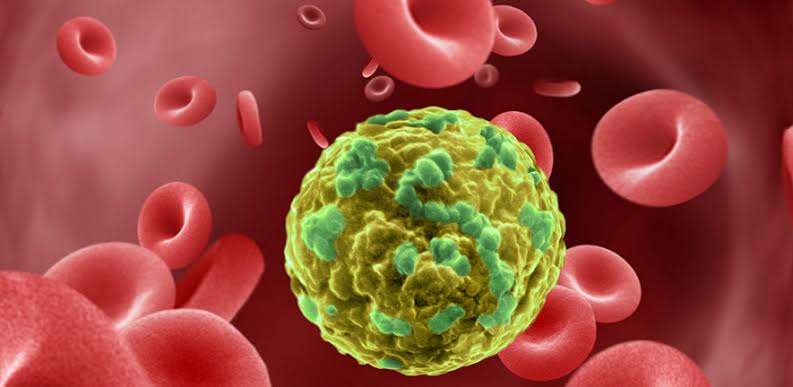Srinagar: Jammu and Kashmir has seen a significant rise in cancer cases, with over 12,000 new cases reported annually. The increase is primarily attributed to poor lifestyle habits and tobacco use.
According to official data available with Kashmir Newsville, more than 60,000 cancer cases have been documented in the past five years, averaging over 12,000 cases per year in the region. Cancer develops when normal cells undergo transformations to become tumor cells through a multi-stage process, typically advancing from pre-cancerous lesions to malignant tumors. These changes are driven by a combination of genetic factors and external influences, such as environmental exposures.
In Jammu and Kashmir, key risk factors contributing to the rise in cancer cases include an aging population, sedentary lifestyles, tobacco use, poor diets, and exposure to environmental pollutants. The most commonly diagnosed cancers in the Kashmir Valley include skin cancer (often referred to as “Kangri cancer”), lung, breast, rectal, stomach, prostate, liver, cervical, esophageal, bladder, and blood cancers.
A doctor from SKIMS Soura highlighted that lung cancer is the most prevalent type among men in the region, with cases steadily increasing over the years. The doctor linked the rise to factors such as an aging population, unhealthy lifestyle choices, widespread tobacco use, inadequate diet, and limited access to advanced diagnostic facilities.
The surge in cancer rates may also be influenced by genetic predispositions, mutations, immune system deficiencies, and external factors, including poor diets, industrialization, and rapid population growth.
Notably, over five percent of cancer cases in Kashmir involve children, with leukemia being the most common type. The doctor from SKIMS emphasized that leukemia is highly treatable if detected early, boasting an 80 percent survival rate. However, late diagnosis remains a critical challenge due to a lack of awareness and widespread misconceptions about childhood cancer.
“The word ‘leukemia’ literally means ‘white blood,’ referring to the abnormal production of white blood cells that compromises overall health,” the doctor explained. “Despite common myths, childhood cancer is not a death sentence. With proper treatment and support, children can lead normal lives and often return to school post-recovery. It’s vital for families to understand that, with the right care, adapting to a new normal is possible.”











